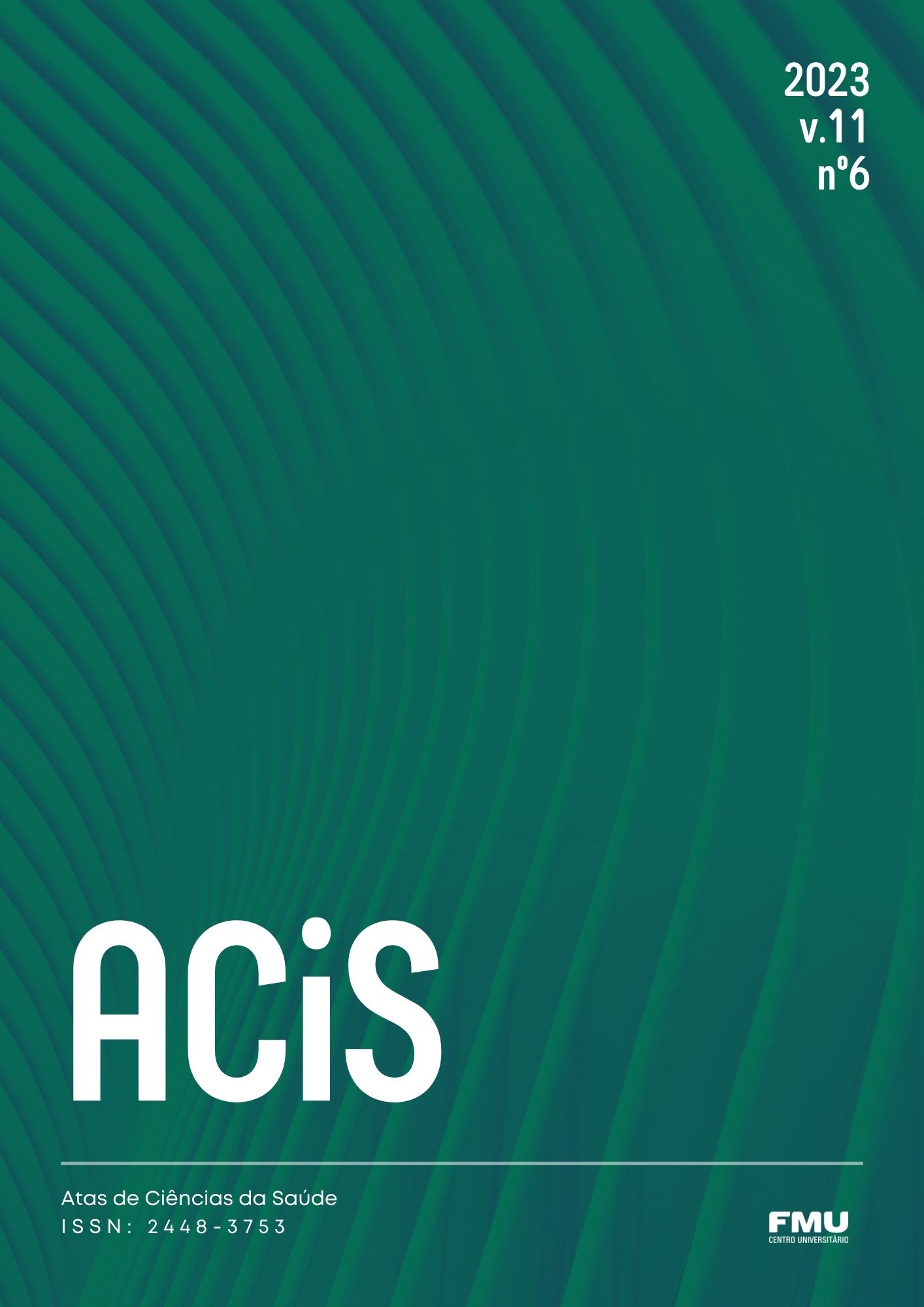Influence of intestinal microbiota on cardiovascular diseases: the role of nutrition in optimizing treatment
Abstract
Cardiovascular diseases are the leading cause of death in Brazil and worldwide. In the last 5 years, about 1 million Brazilians died as a result of some cardiovascular disease. The imbalance of the intestinal microbiota affects the homeostasis of the host, favoring the development of several pathologies, in evidence cardiovascular diseases. The present study is a literature review with the objective of comparing the intestinal microbiota of healthy individuals and individuals with cardiovascular diseases, as well as analyzing possible nutritional interventions in order to modulate the intestinal microbiota and enhance nutritional treatment in these diseases. The results demonstrate a clear distinction between the microbiota of individuals with cardiovascular diseases and healthy people, such as an increase in the Firmicutes/Bacteroidetes ratio, as well as a decrease in the genus Faecalibacteruim, reported in the literature as a genus capable of producing anti-inflammatory metabolites. Modulation of the microbial composition of the gut microbiota through diet, prebiotics and probiotics can beneficially alter the profile of the host microbiota. Several studies have demonstrated the link between the gut microbiota and cardiovascular diseases, however more research is needed to elucidate the link.
Downloads
Published
Issue
Section
License
Copyright (c) 2023 Natalia Tanan Menezes, Amanda Felippe Padoveze

This work is licensed under a Creative Commons Attribution-NonCommercial 4.0 International License.
Autores que publicam nesta revista concordam com os seguintes termos:
- Autores mantém os direitos autorais e concedem à revista o direito de primeira publicação, com o trabalho simultaneamente licenciado sob a Licença Creative Commons Attribution que permite o compartilhamento do trabalho com reconhecimento da autoria e publicação inicial nesta revista.
- Autores têm autorização para assumir contratos adicionais separadamente, para distribuição não-exclusiva da versão do trabalho publicada nesta revista (ex.: publicar em repositório institucional ou como capítulo de livro), com reconhecimento de autoria e publicação inicial nesta revista.
- Autores têm permissão e são estimulados a publicar e distribuir seu trabalho online (ex.: em repositórios institucionais ou na sua página pessoal) a qualquer ponto antes ou durante o processo editorial, já que isso pode gerar alterações produtivas, bem como aumentar o impacto e a citação do trabalho publicado (Veja O Efeito do Acesso Livre).





